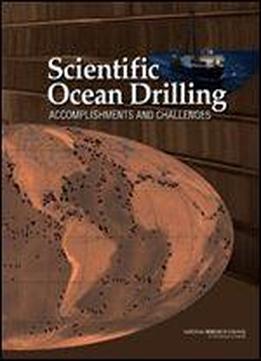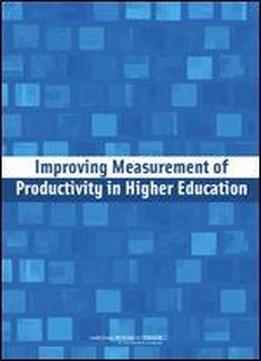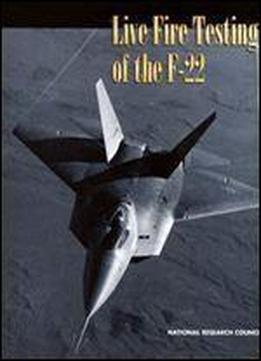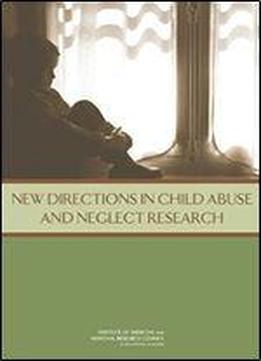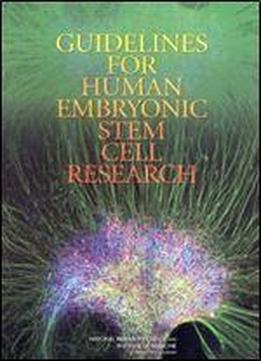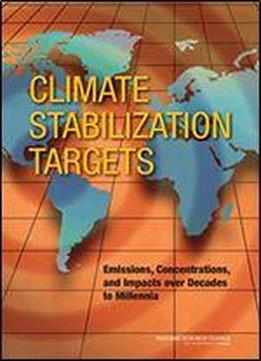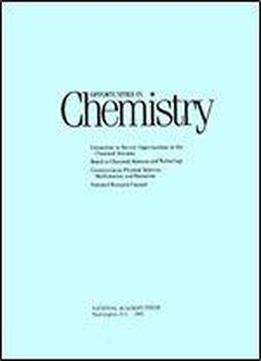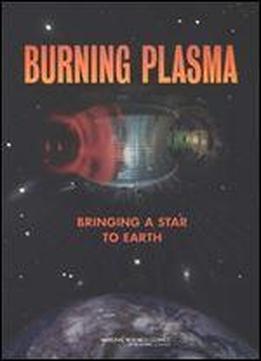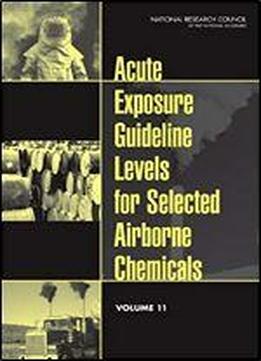
Acute Exposure Guideline Levels For Selected Airborne Chemicals: Volume 11 (airborne Chemical Exposure)
Tags:
National Research Council
At the request of the Department of Defense and the Environmental Protection Agency, the National Research Council has reviewed the relevant scientific literature compiled by an expert panel and established Acute Exposure Guideline Levels (AEGLs) for several chemicals. AEGLs represent exposure levels below which adverse health effects are not likely to occur and are useful in responding to emergencies, such as accidental or intentional chemical releases in community, workplace, transportation, and military settings, and for the remediation of contaminated sites. Three AEGLs are approved for each chemical, representing exposure levels that result in: 1) notable but reversible discomfort 2) long-lasting health effects and 3) life-threatening health impacts. This volume in the series includes AEGLs for bis-chloromethyl ether, chloromethyl methyl ether, chlorosilanes, nitrogen oxides, and vinyl chloride. Table of Contents Front Matter Acute Exposure Guideline Levels for Selected Airborne Chemicals--Volume 11 Introduction Appendixes 1 bis-Chloromethyl Ether: Acute Exposure Guideline Levels 2 Chloromethyl Methyl Ether: Acute Exposure Guideline Levels 3 Selected Chlorosilanes: Acute Exposure Guideline Levels 4 Nitrogen Oxides: Acute Exposure Guideline Levels 5 Vinyl Chloride: Acute Exposure Guideline Levels

